- Deadline
- Passed
The Open Society Fellowship is designed to support individuals pursuing innovative and unconventional approaches to fundamental open society challenges.
Since 2008, the Open Society Fellowship has supported heterodox thinkers and practitioners from around the world. The fellowship helps elevate new voices to take part in global conversations on the most pressing issues of our time—from human rights and social justice to climate change and inequality—and provide established public intellectuals new audiences for their work. This year’s fellows will be chosen from selected areas, each home to a dynamic community of thinkers engaged in high-level critical debate.
We look forward to announcing the latest group of fellows in summer 2025.
-
Adriana Paz Ramirez
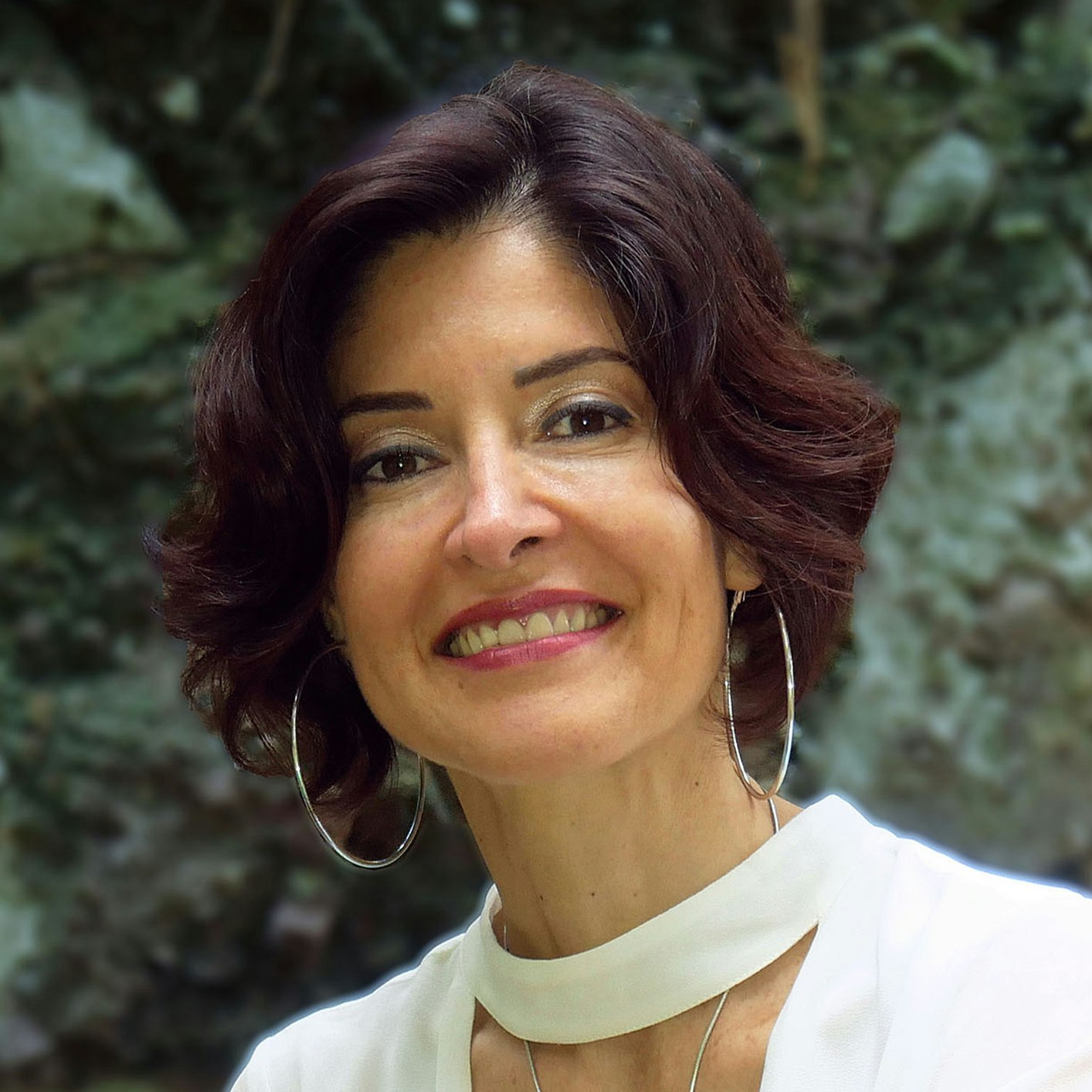 2021Adriana Paz Ramirez, a labor rights organizer and popular educator, will research policy victories won by domestic workers in Latin America to understand how grassroots action can compel employers and states to obey the law.
2021Adriana Paz Ramirez, a labor rights organizer and popular educator, will research policy victories won by domestic workers in Latin America to understand how grassroots action can compel employers and states to obey the law. -
Boaventura Monjane
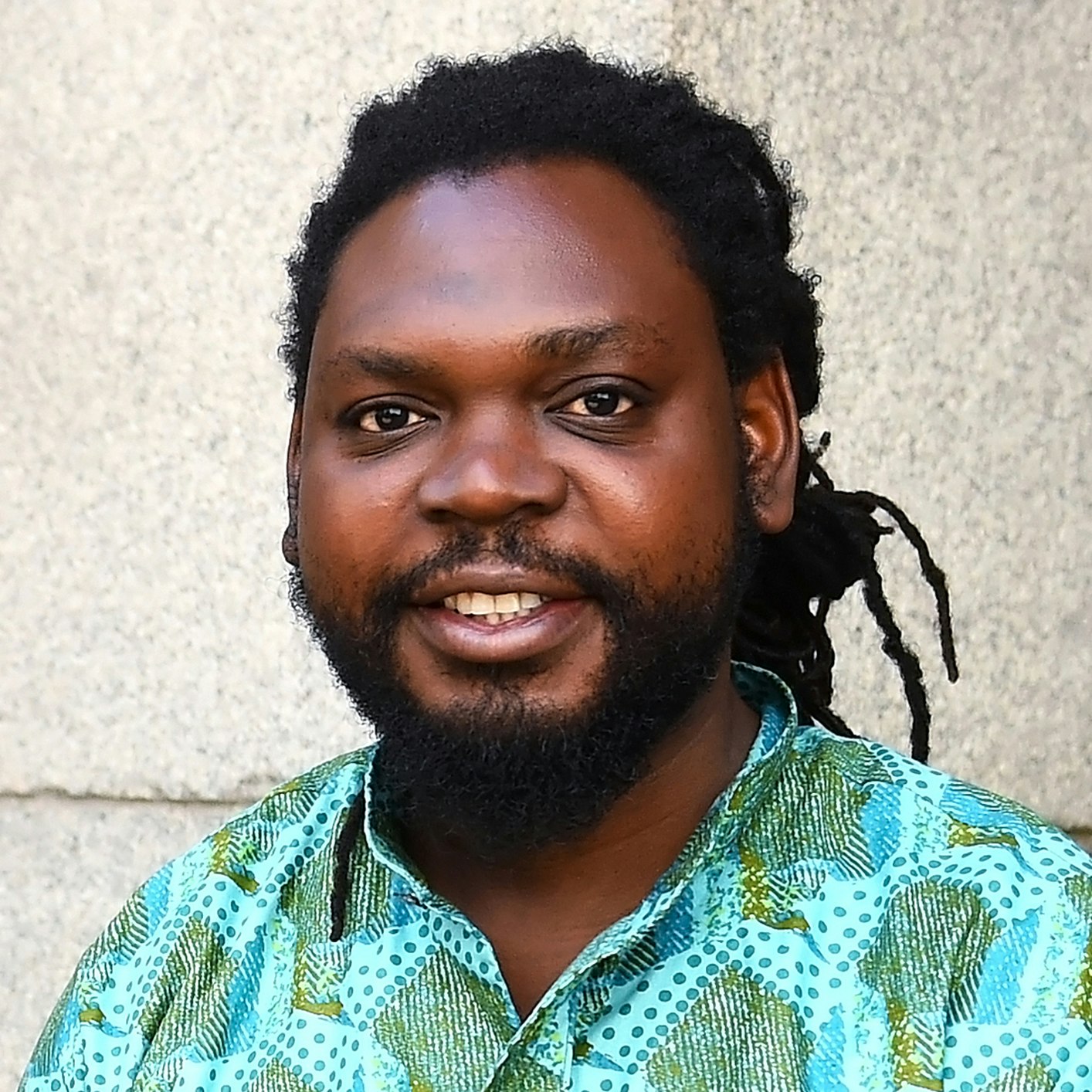 2021Boaventura Monjane, a journalist and scholar-activist, will research growing poverty, inequality, and the rollback of civil and political rights in Mozambique at a time when new development pathways are urgently needed.
2021Boaventura Monjane, a journalist and scholar-activist, will research growing poverty, inequality, and the rollback of civil and political rights in Mozambique at a time when new development pathways are urgently needed. -
Nizar Hassan
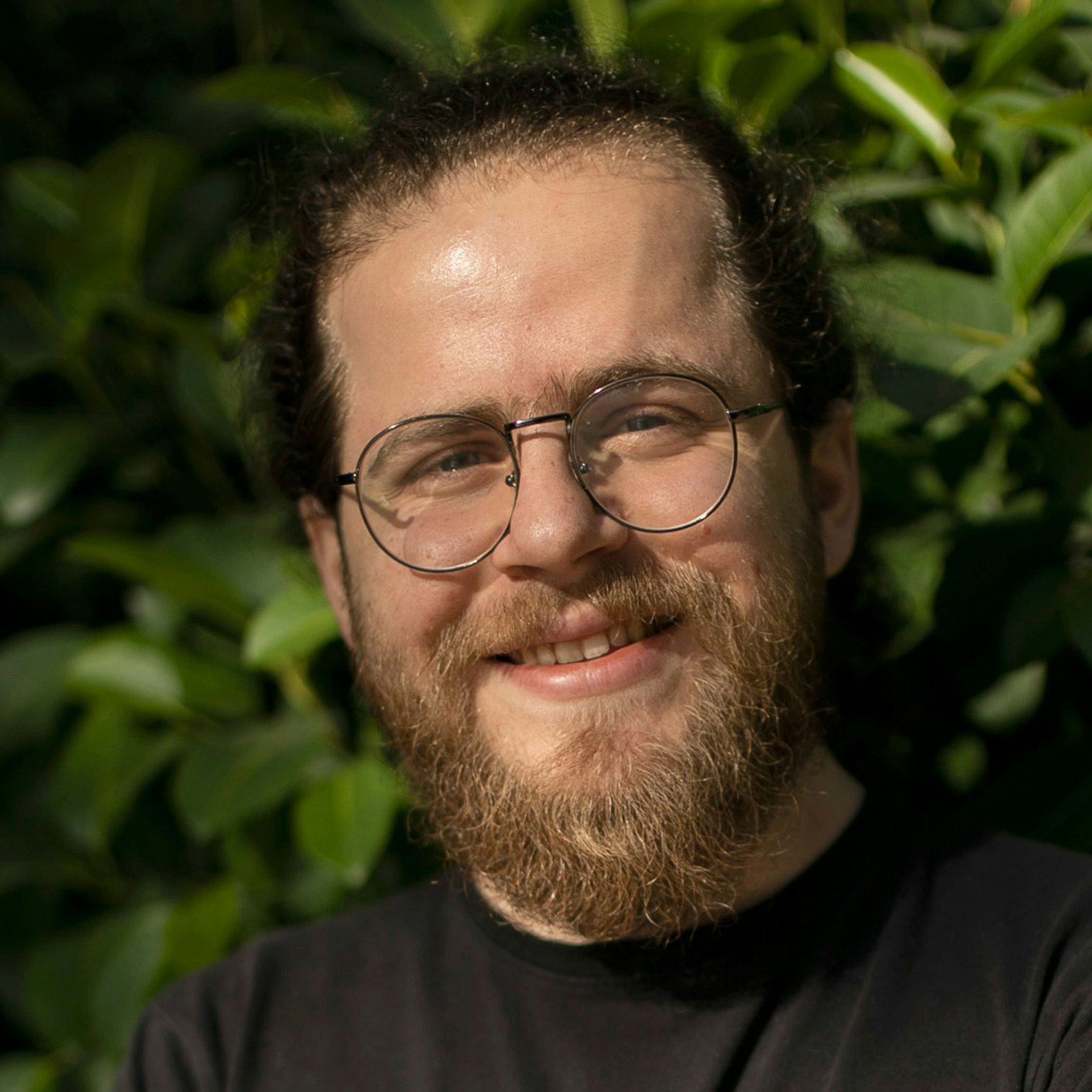 2021Nizar Hassan, an organizer, producer, and political commentator, will create an online video platform for informative and accessible Arabic-language content that examines links between (in)equality, justice, and democracy.
2021Nizar Hassan, an organizer, producer, and political commentator, will create an online video platform for informative and accessible Arabic-language content that examines links between (in)equality, justice, and democracy. -
Ruth Castel-Branco
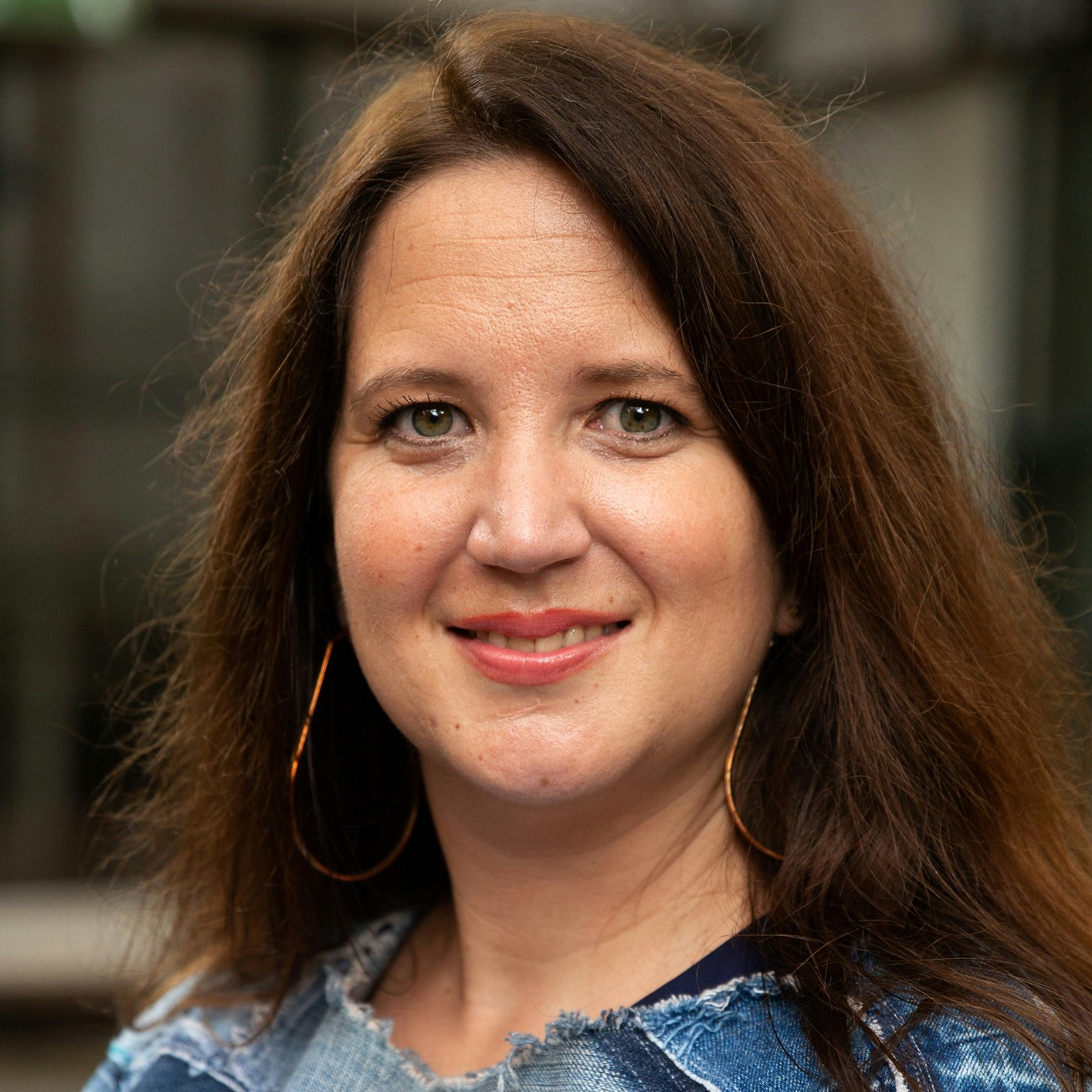 2021Ruth Castel-Branco will explore the relationship between land, labor, and social welfare in Mozambique. She hopes to contribute to and popularize debates on the political possibilities and limitations of post-work utopias.
2021Ruth Castel-Branco will explore the relationship between land, labor, and social welfare in Mozambique. She hopes to contribute to and popularize debates on the political possibilities and limitations of post-work utopias. -
Sara Abbas
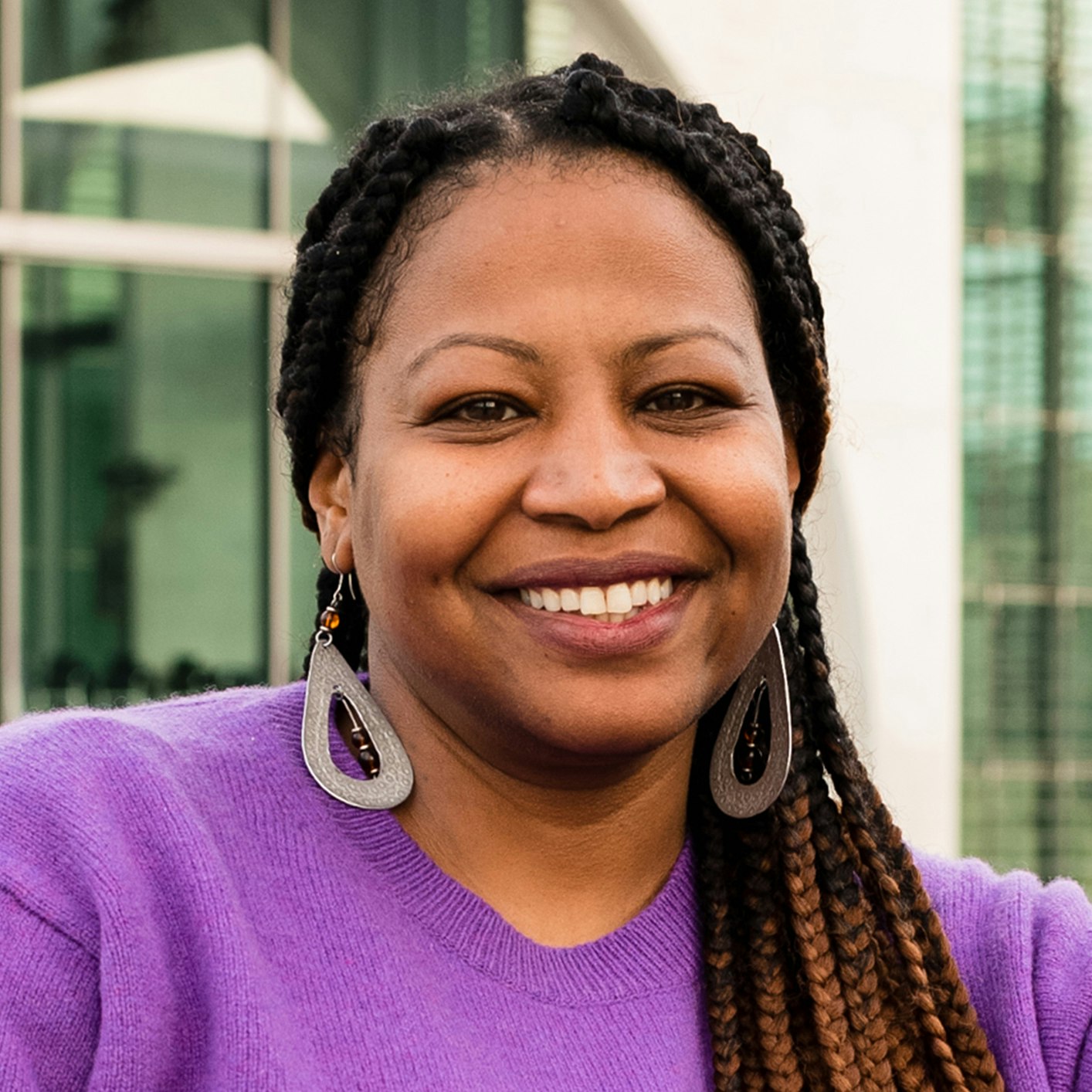 2021Sara Abbas will write a book about how communities formed collaborative groupings during the revolution in Sudan to achieve long-term, socioeconomic change.
2021Sara Abbas will write a book about how communities formed collaborative groupings during the revolution in Sudan to achieve long-term, socioeconomic change. -
Hanaan Marwah
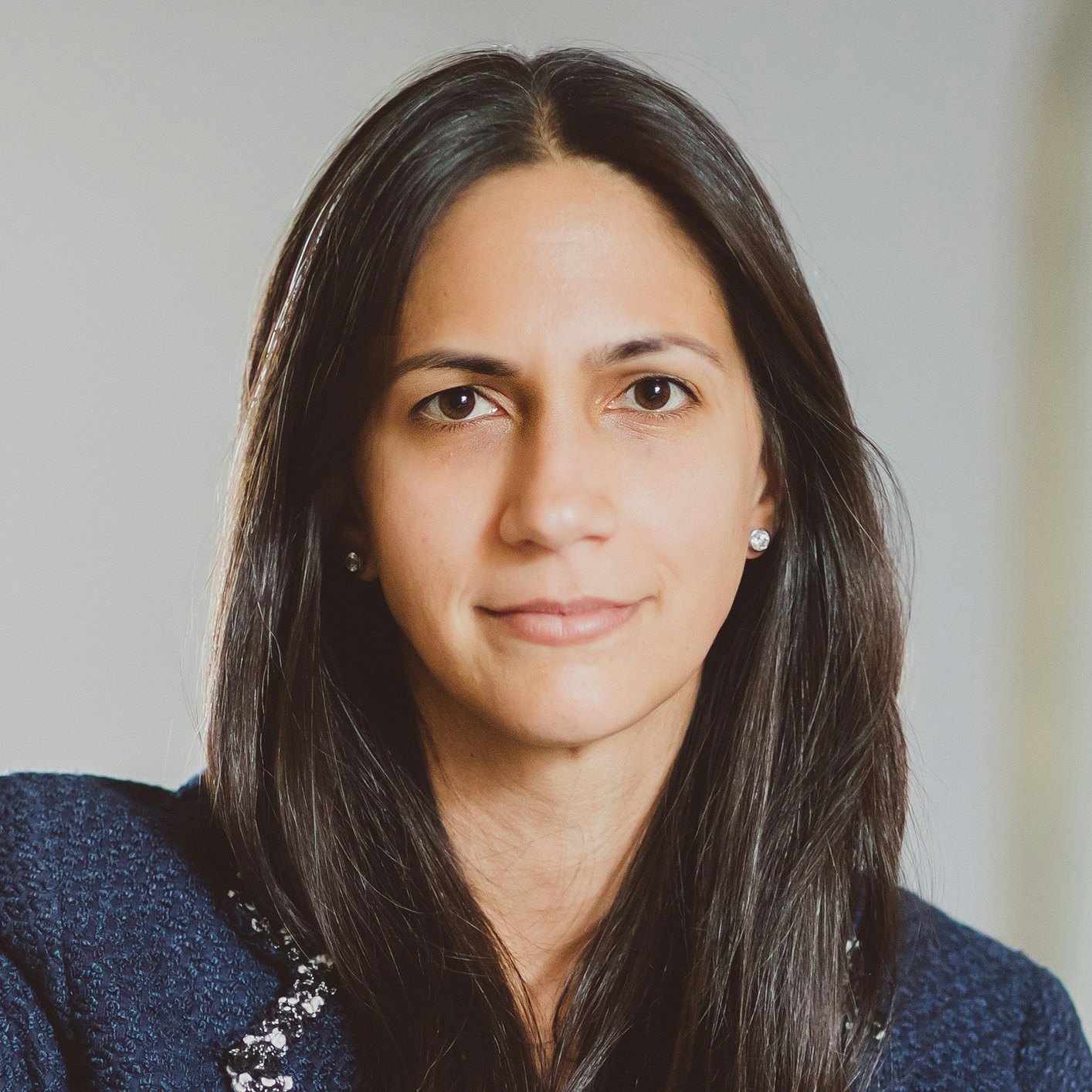 2020Hanaan Marwah, a finance industry professional and economic historian, will work on a book and conduct a series of seminars about the evolution of state-owned enterprises in sub-Saharan Africa and their influence on economic inequality.
2020Hanaan Marwah, a finance industry professional and economic historian, will work on a book and conduct a series of seminars about the evolution of state-owned enterprises in sub-Saharan Africa and their influence on economic inequality. -
Leilani Farha
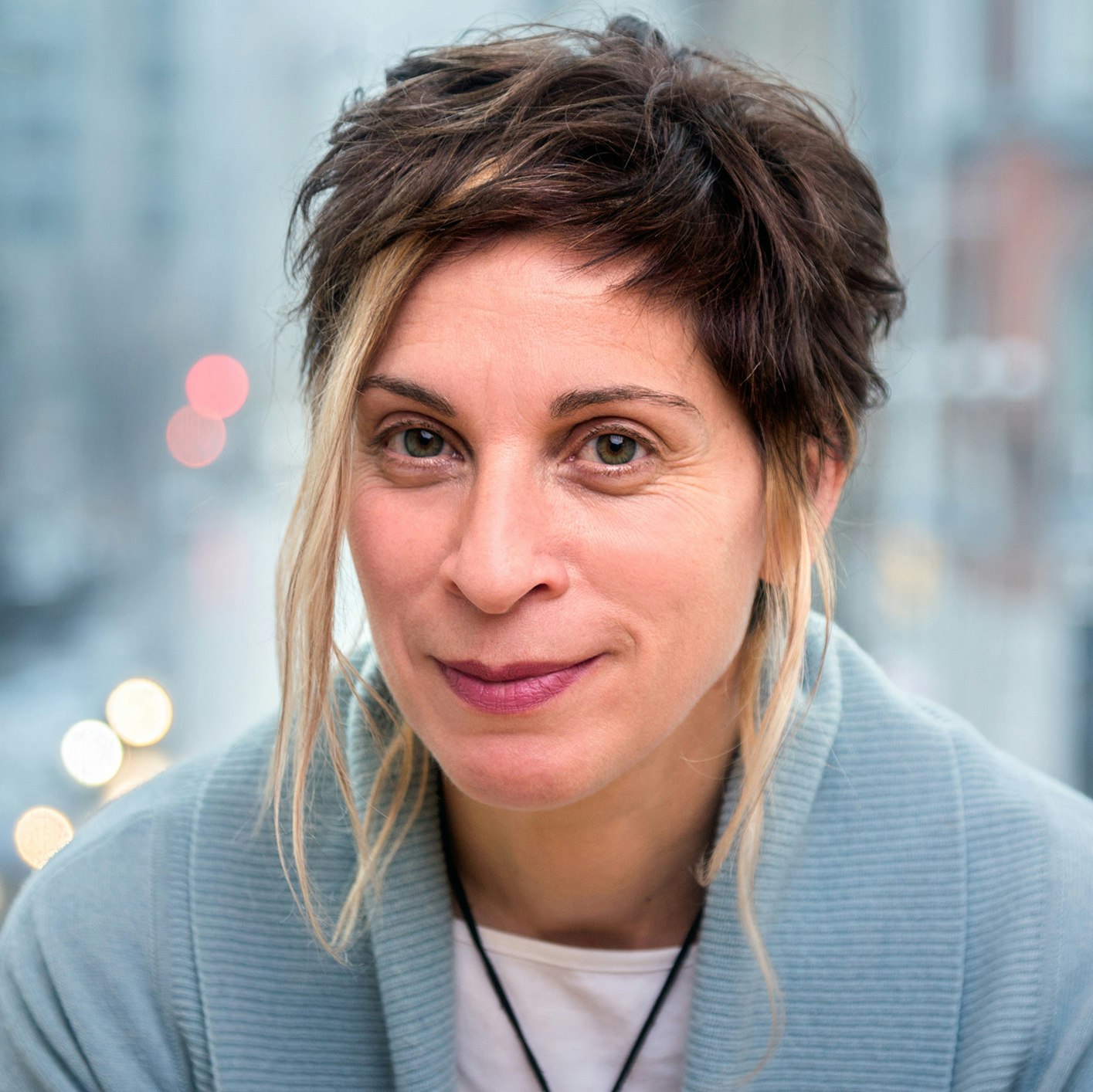 2020Leilani Farha, an expert and advocate on economic and social human rights, will document the growing financialization of residential real estate, globally, and its role as a primary cause of rising inequality.
2020Leilani Farha, an expert and advocate on economic and social human rights, will document the growing financialization of residential real estate, globally, and its role as a primary cause of rising inequality. -
Amelia Evans
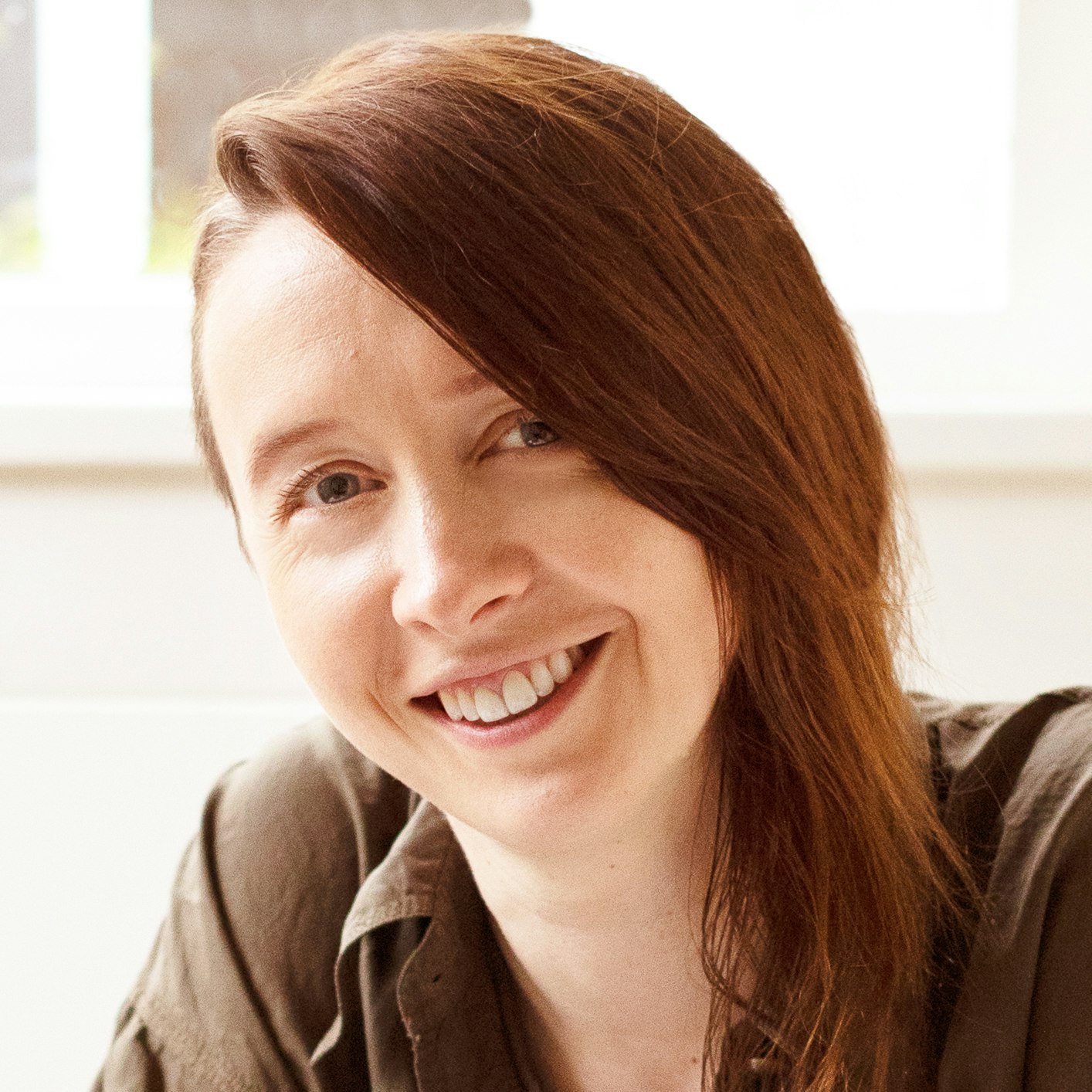 2019Amelia Evans, an international human rights lawyer, will draw on her experience with multi-stakeholder initiatives to debunk the myth of the “ethical corporation.”
2019Amelia Evans, an international human rights lawyer, will draw on her experience with multi-stakeholder initiatives to debunk the myth of the “ethical corporation.” -
Bama Athreya
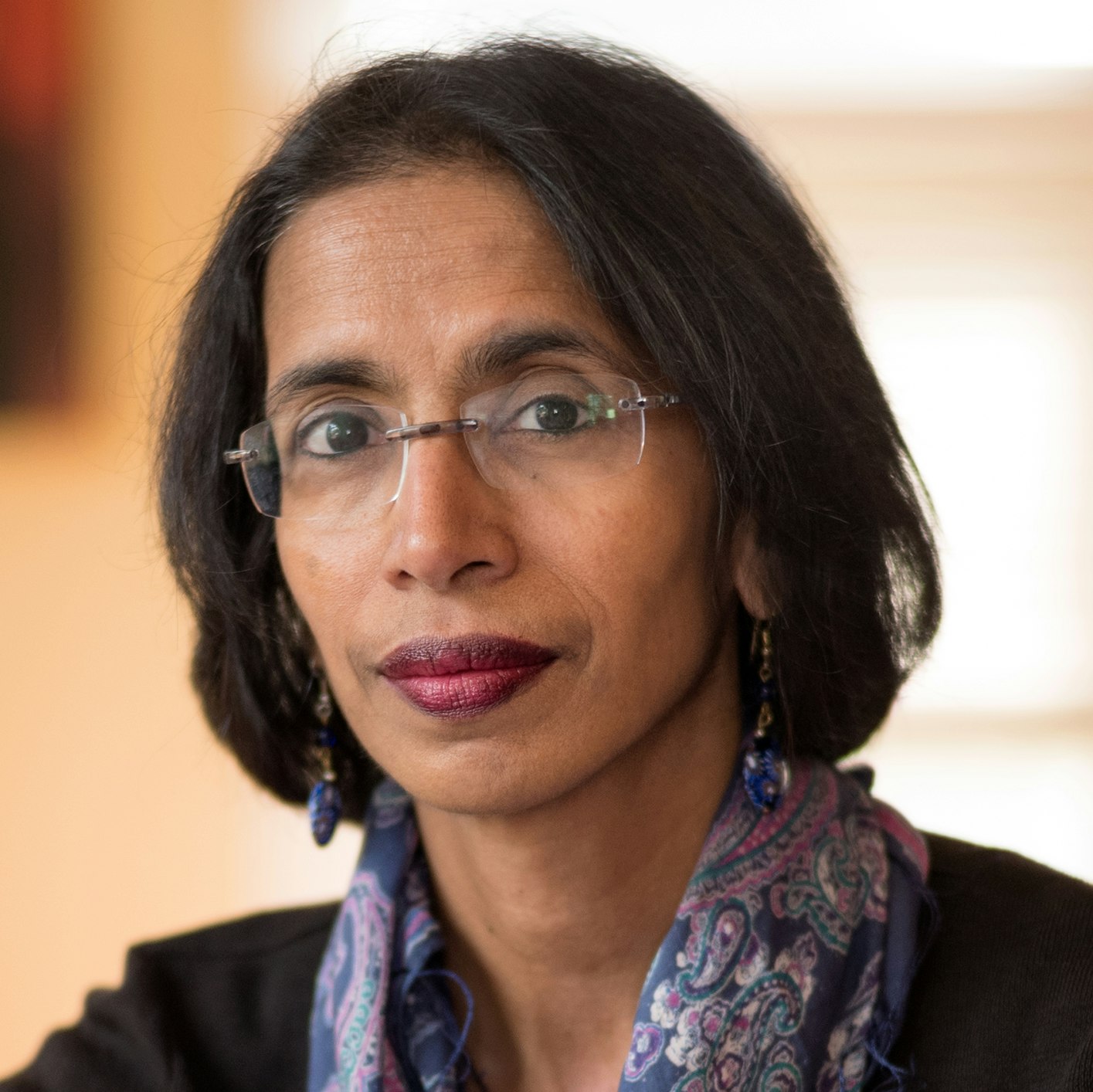 2019Bama Athreya will develop a long-term communications strategy to help workers in the “gig” economy overcome some of the main structural disadvantages which often go ignored by policymakers.
2019Bama Athreya will develop a long-term communications strategy to help workers in the “gig” economy overcome some of the main structural disadvantages which often go ignored by policymakers. -
Delilah Rothenberg
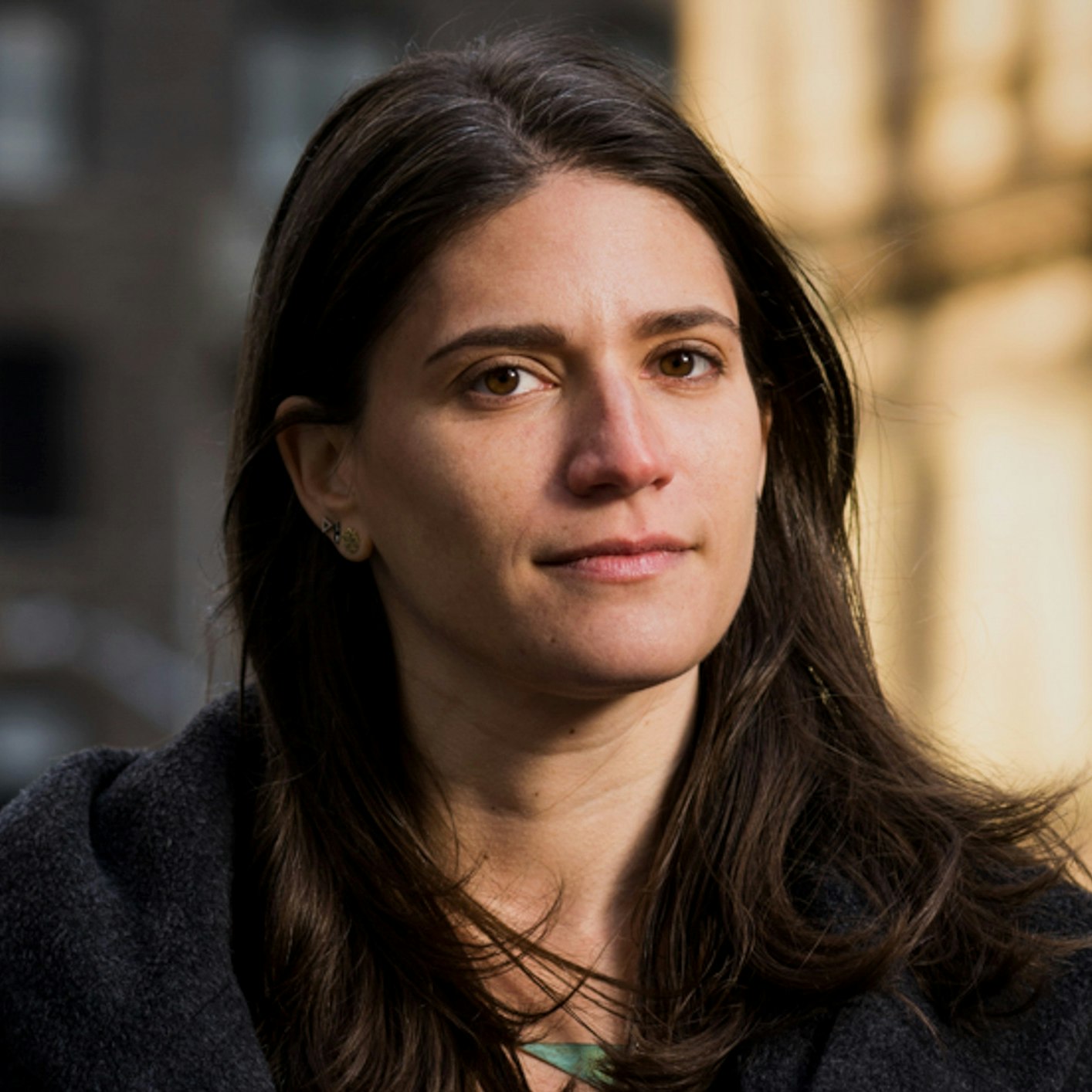 2019Delilah Rothenberg, a finance professional, will co-create private equity fund models to narrow compensation ratios between fund managers, executives, and workers and combat systemic risks like inequality and climate change.
2019Delilah Rothenberg, a finance professional, will co-create private equity fund models to narrow compensation ratios between fund managers, executives, and workers and combat systemic risks like inequality and climate change. -
Fumba Chama
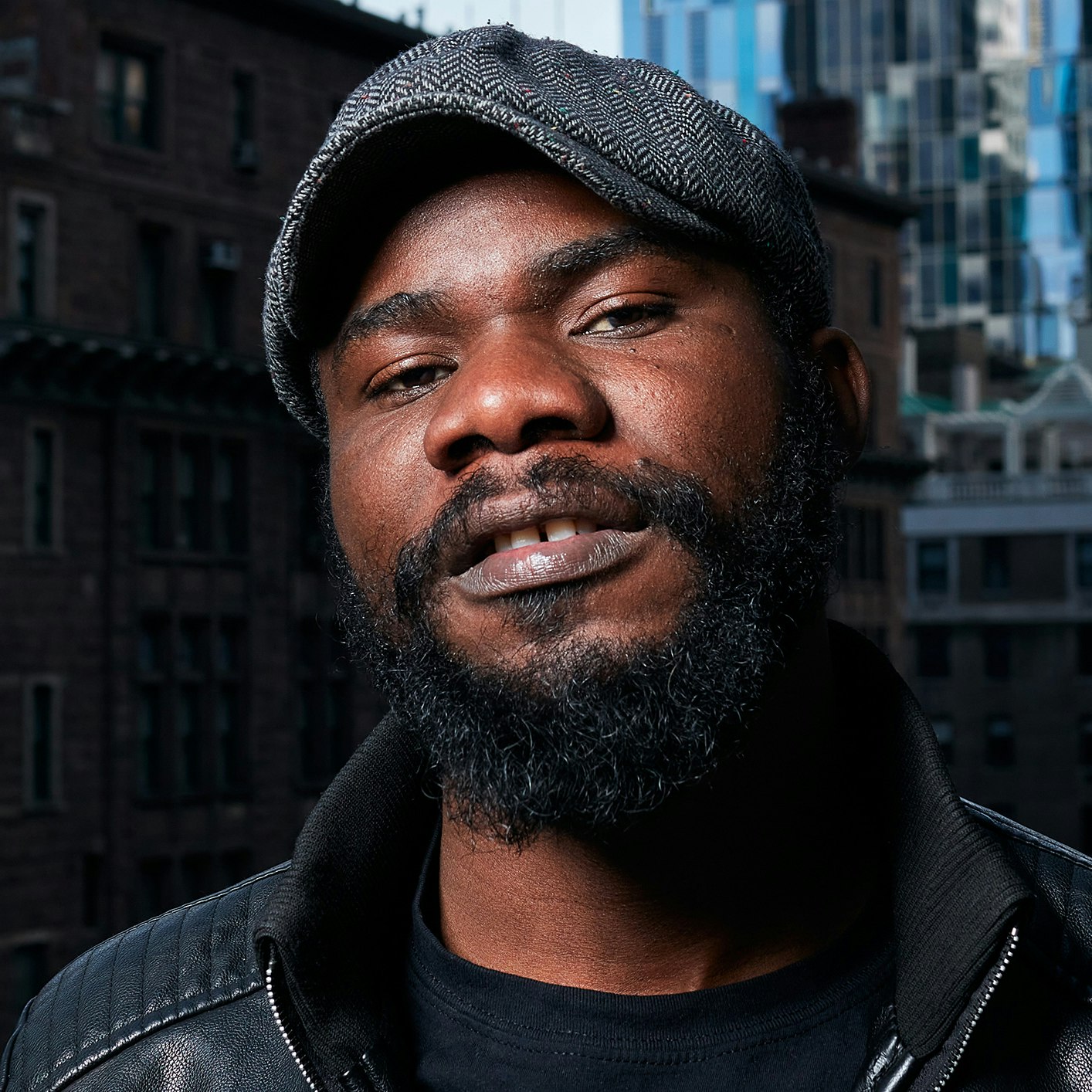 2019Fumba Chama, a musician and activist, will produce an album of 10 new and original songs about economic inequality in Zambia.
2019Fumba Chama, a musician and activist, will produce an album of 10 new and original songs about economic inequality in Zambia. -
Imani Countess
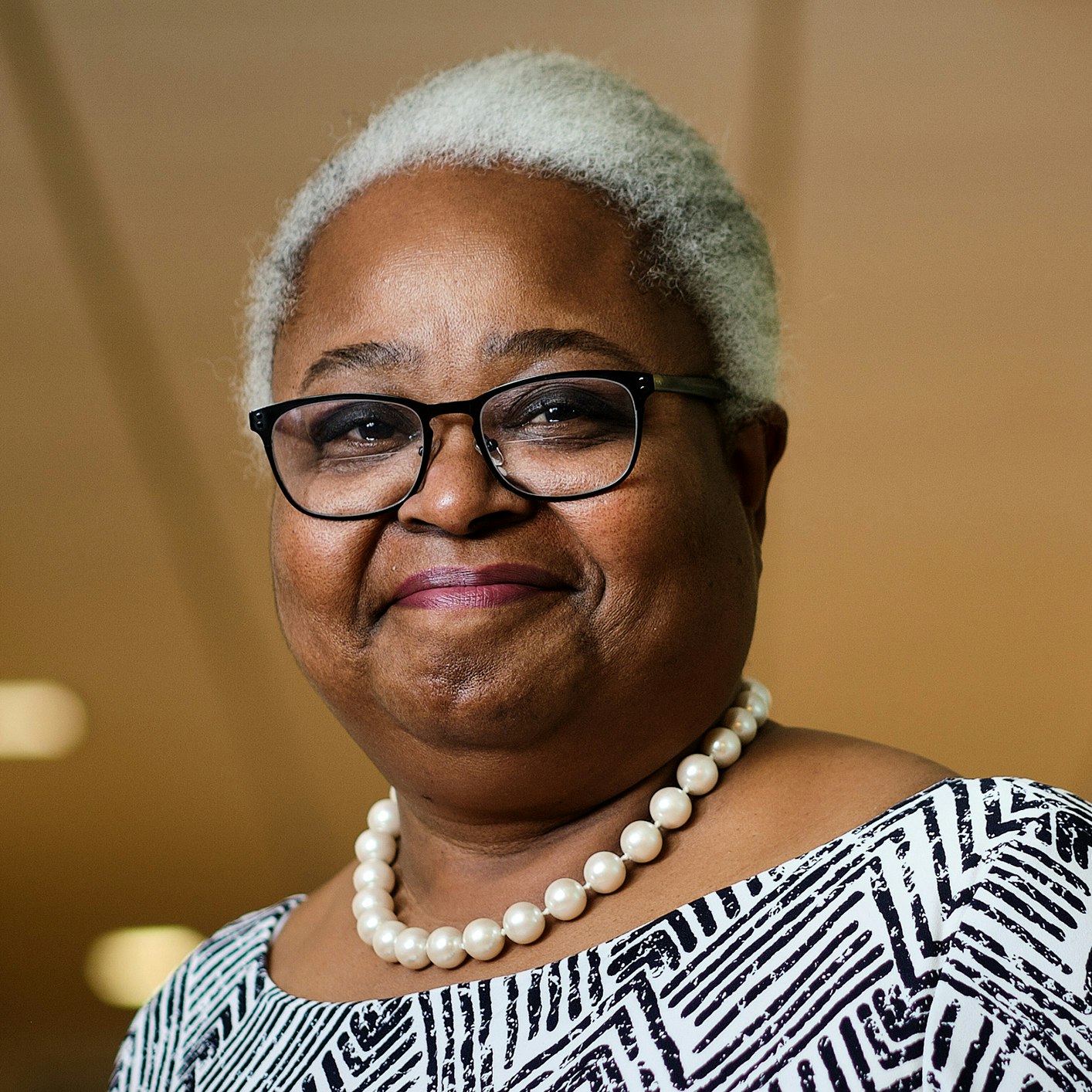 2019Imani Countess will build a robust new social movement to connect groups working against illicit financial flows with new constituencies in the United States, including African diaspora activists and people of color faith communities.
2019Imani Countess will build a robust new social movement to connect groups working against illicit financial flows with new constituencies in the United States, including African diaspora activists and people of color faith communities. -
Imani Jacqueline Brown
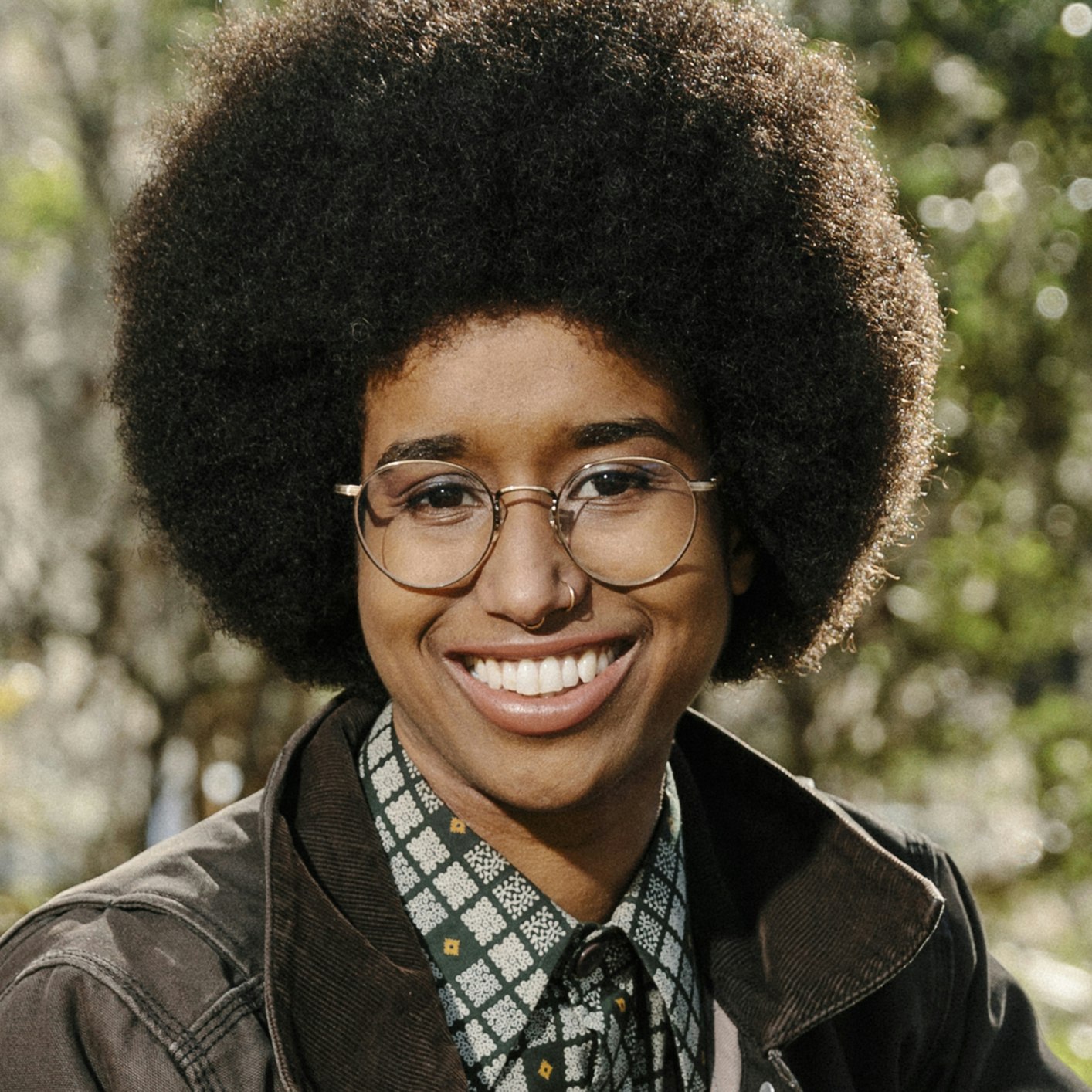 2019Imani Jacqueline Brown, an activist, writer, and organizer, will illuminate fossil fuel corporations’ responsibility for decades of economic and environmental injustice in Louisiana by using advanced mapping techniques.
2019Imani Jacqueline Brown, an activist, writer, and organizer, will illuminate fossil fuel corporations’ responsibility for decades of economic and environmental injustice in Louisiana by using advanced mapping techniques. -
Luciana Zaffalon
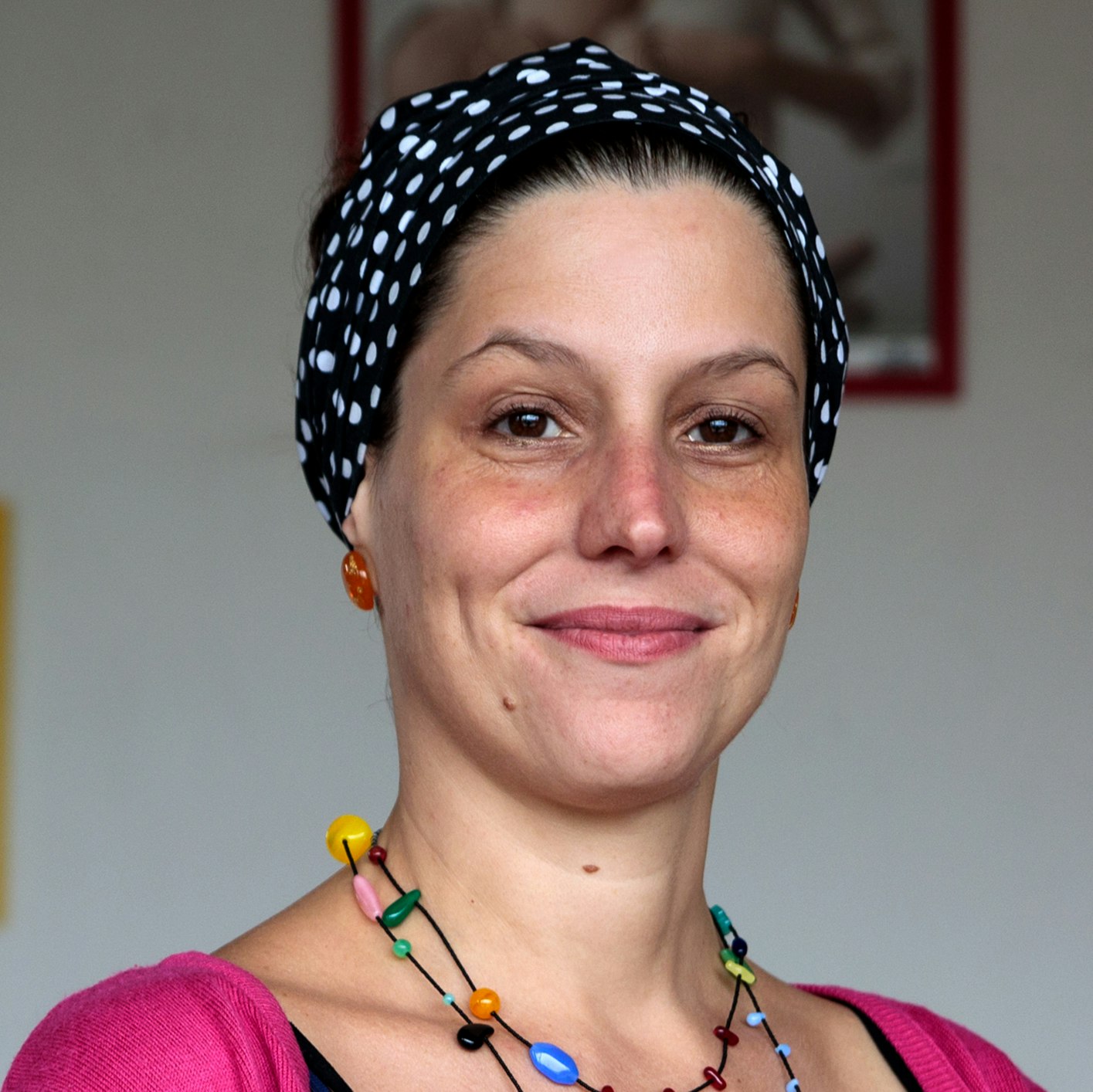 2019Luciana Zaffalon will investigate how court and legal systems around the world exacerbate inequality and convert her findings into a toolkit for overcoming structural biases.
2019Luciana Zaffalon will investigate how court and legal systems around the world exacerbate inequality and convert her findings into a toolkit for overcoming structural biases. -
Mark Blyth
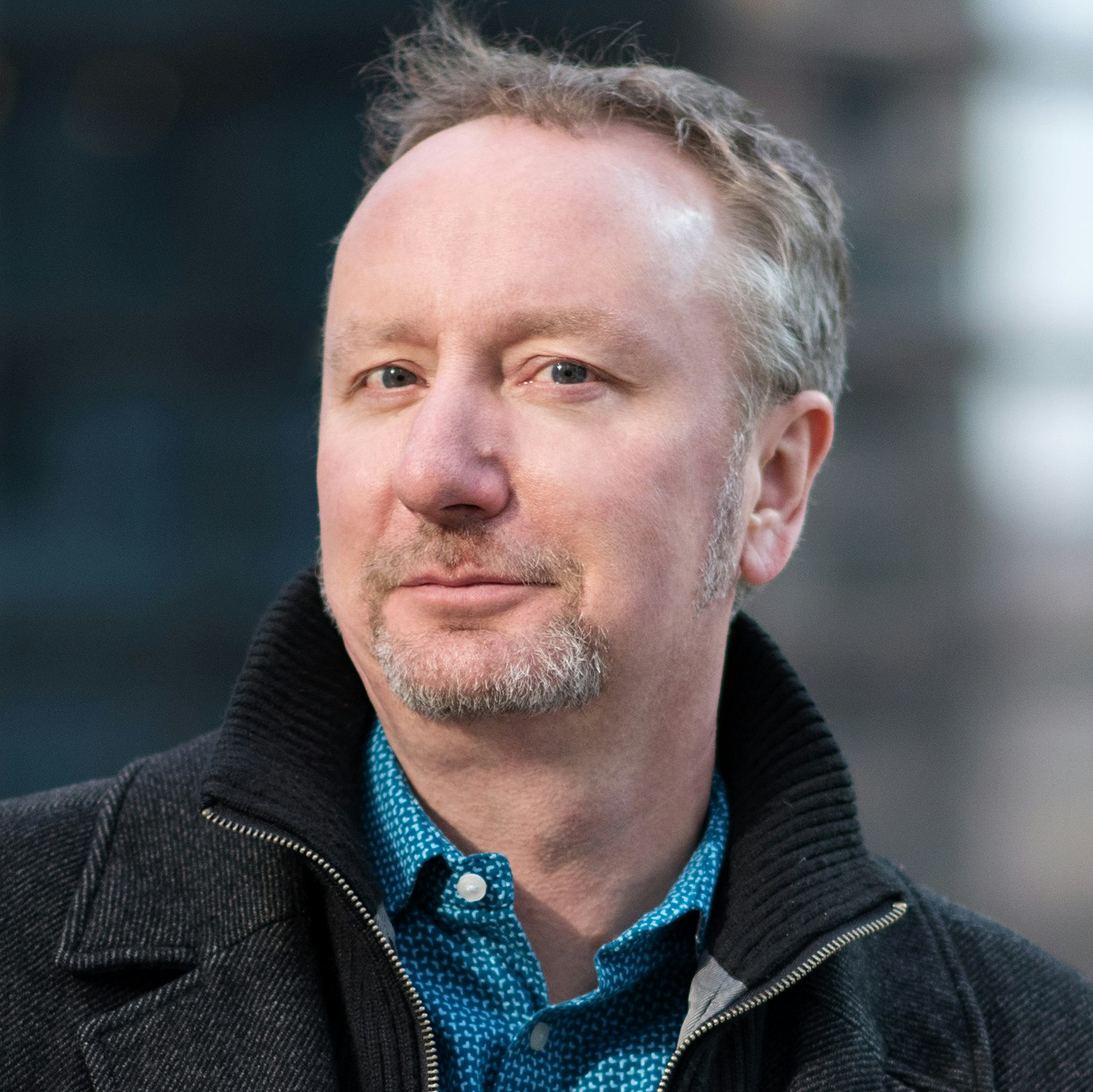 2019Mark Blyth will write a book about policies to mitigate generational inequality and help those in the “bottom 80 percent” of the U.S. economy increase their assets.
2019Mark Blyth will write a book about policies to mitigate generational inequality and help those in the “bottom 80 percent” of the U.S. economy increase their assets. -
Nathan Schneider
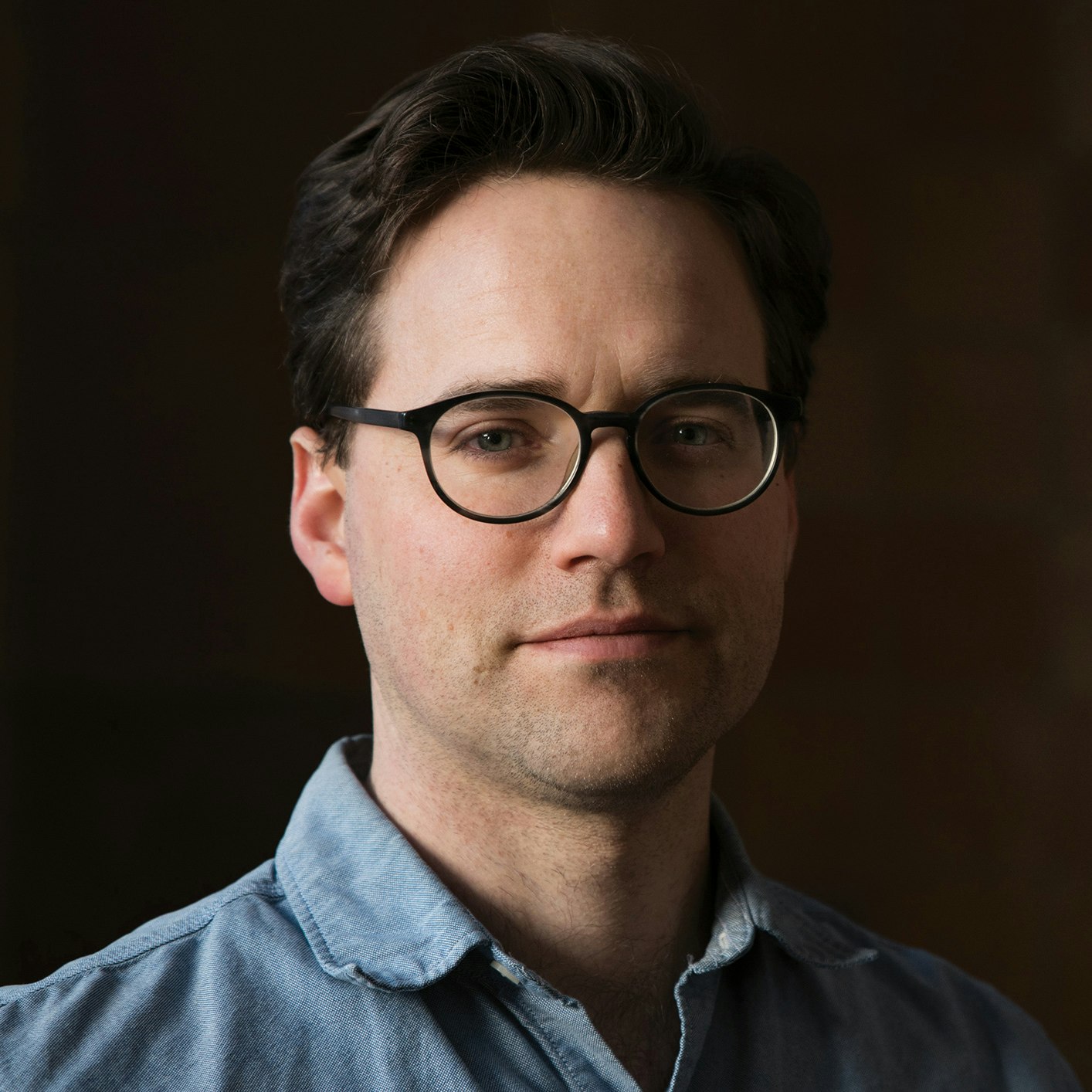 2019Nathan Schneider, assistant professor of media studies at the University of Colorado Boulder, will work to promote specific entrepreneurial and policy strategies for increasing user co-ownership of online platforms.
2019Nathan Schneider, assistant professor of media studies at the University of Colorado Boulder, will work to promote specific entrepreneurial and policy strategies for increasing user co-ownership of online platforms. -
Paul Rissman
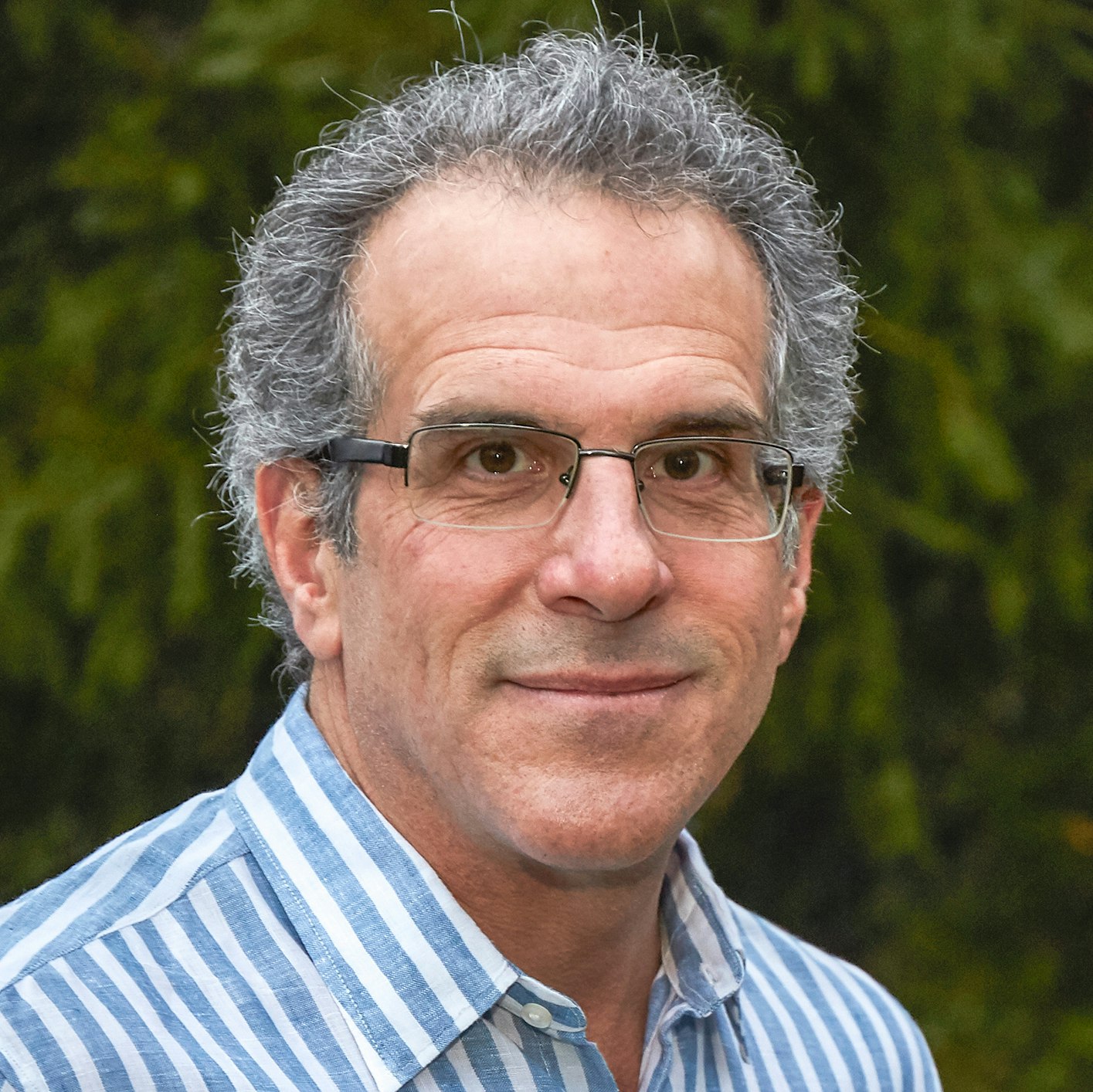 2019Paul Rissman will develop a variety of strategies for pressuring U.S.-based investment advisers into taking actions to mitigate economic inequality.
2019Paul Rissman will develop a variety of strategies for pressuring U.S.-based investment advisers into taking actions to mitigate economic inequality. -
Raphaële Chappe
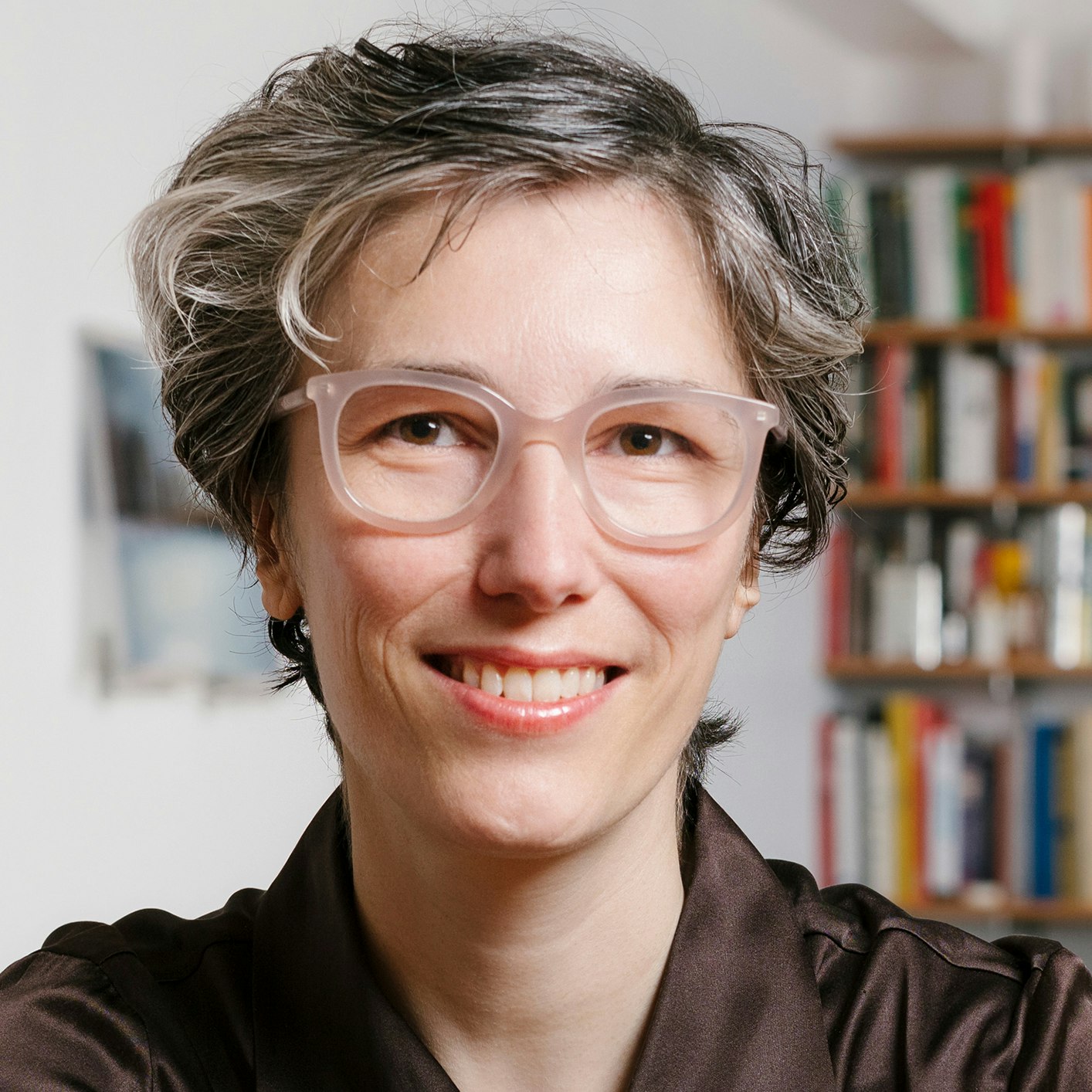 2019Raphaële Chappe will produce a book and a series of videos to show how the unequal distribution of risk between corporations and individuals helps fuel economic inequality.
2019Raphaële Chappe will produce a book and a series of videos to show how the unequal distribution of risk between corporations and individuals helps fuel economic inequality. -
Trebor Scholz
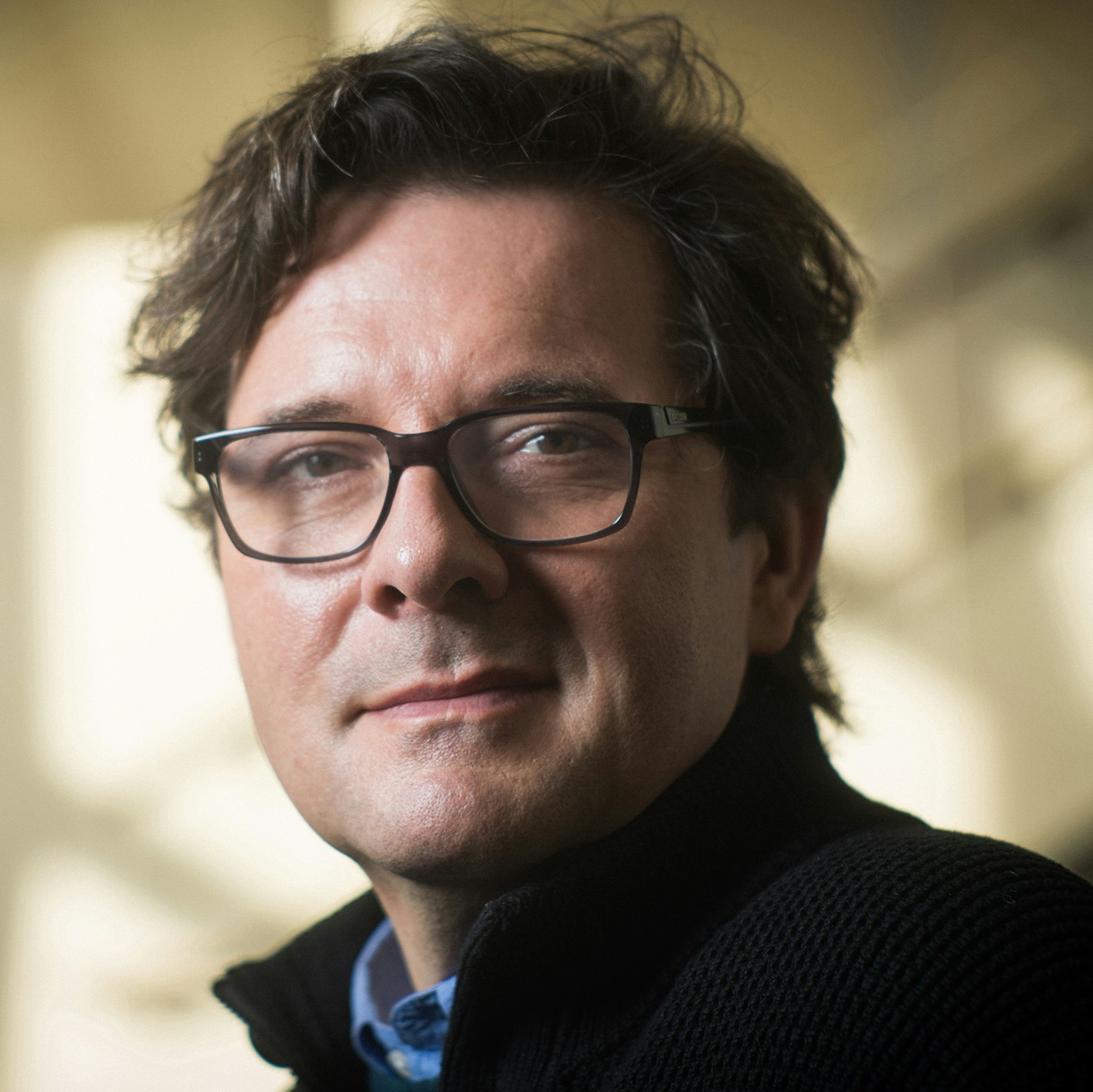 2019Trebor Scholz will use a multipronged strategy—which includes writing books, engaging with diverse communities, and building new institutions—to promote integrating the cooperative model into the digital economy.
2019Trebor Scholz will use a multipronged strategy—which includes writing books, engaging with diverse communities, and building new institutions—to promote integrating the cooperative model into the digital economy. -
William Lazonick
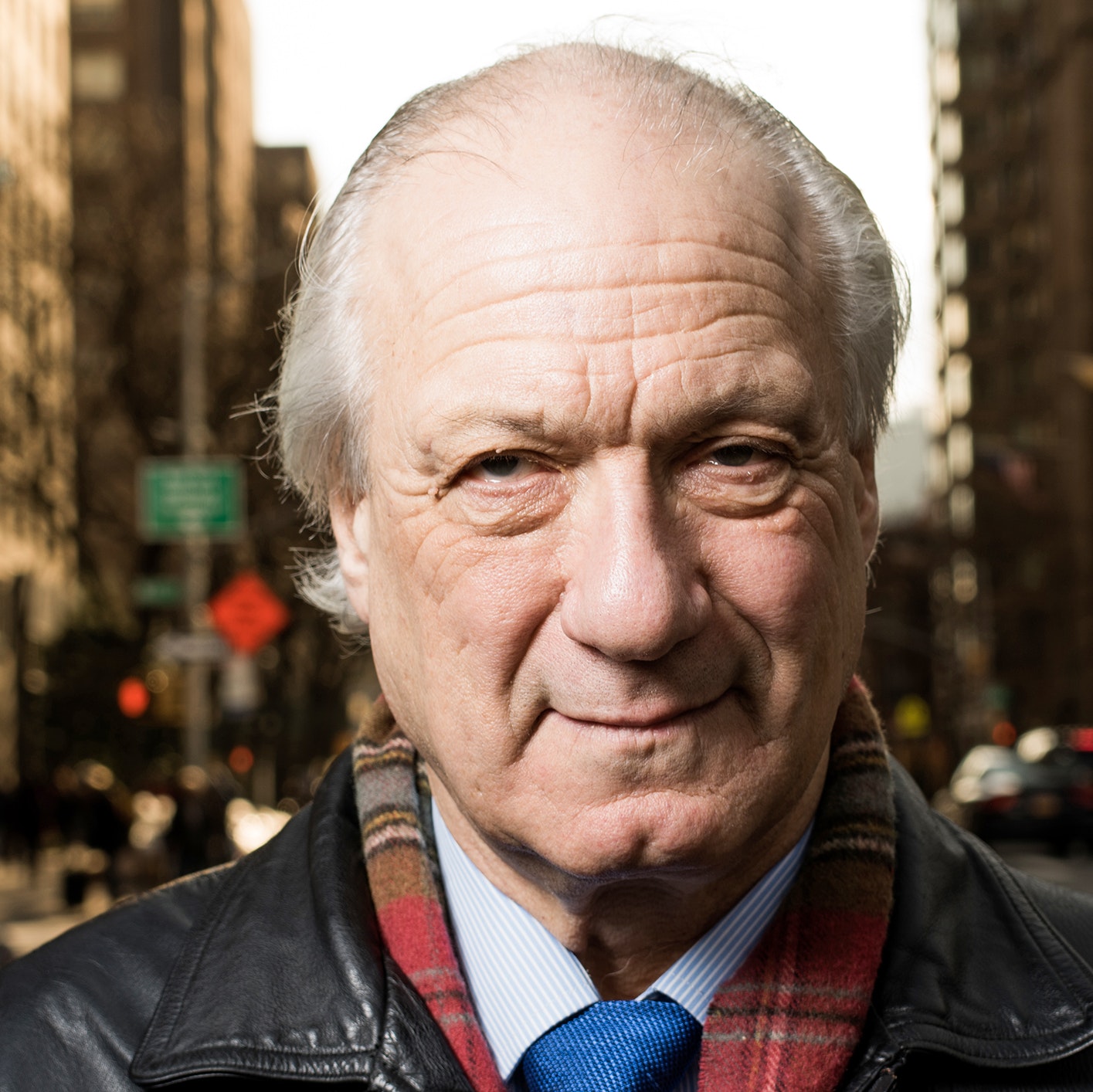 2019William Lazonick will write a book and a series of articles about how a range of harmful corporate behaviors have been legitimized by a philosophy in which maximizing shareholder value is considered as an end in itself.
2019William Lazonick will write a book and a series of articles about how a range of harmful corporate behaviors have been legitimized by a philosophy in which maximizing shareholder value is considered as an end in itself. -
Zachariah Mampilly
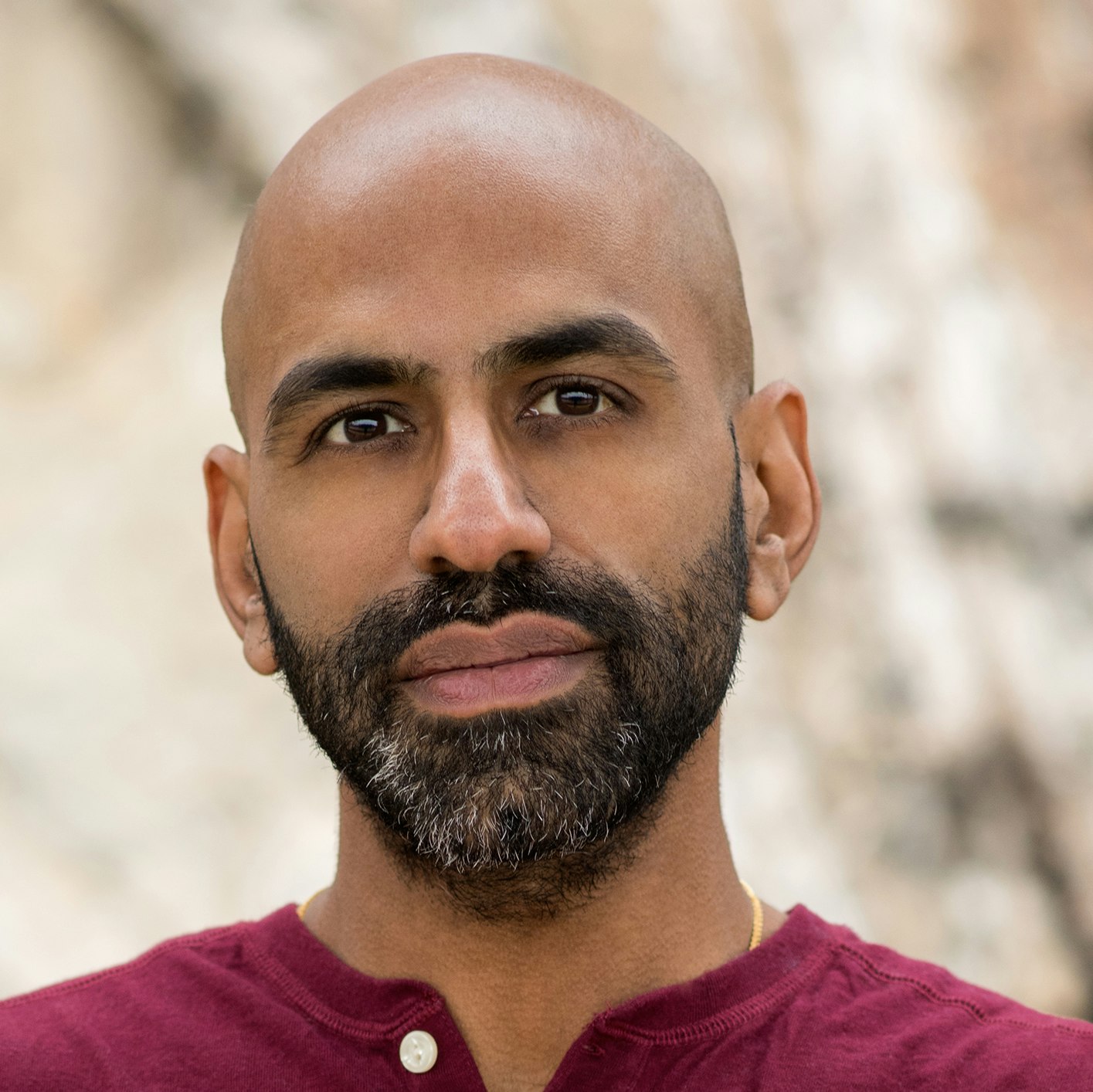 2019Zachariah Mampilly will write a book about the rise of social movements throughout Africa focused on democratic reform and combating economic inequality.
2019Zachariah Mampilly will write a book about the rise of social movements throughout Africa focused on democratic reform and combating economic inequality. -
Ambika Satkunanathan
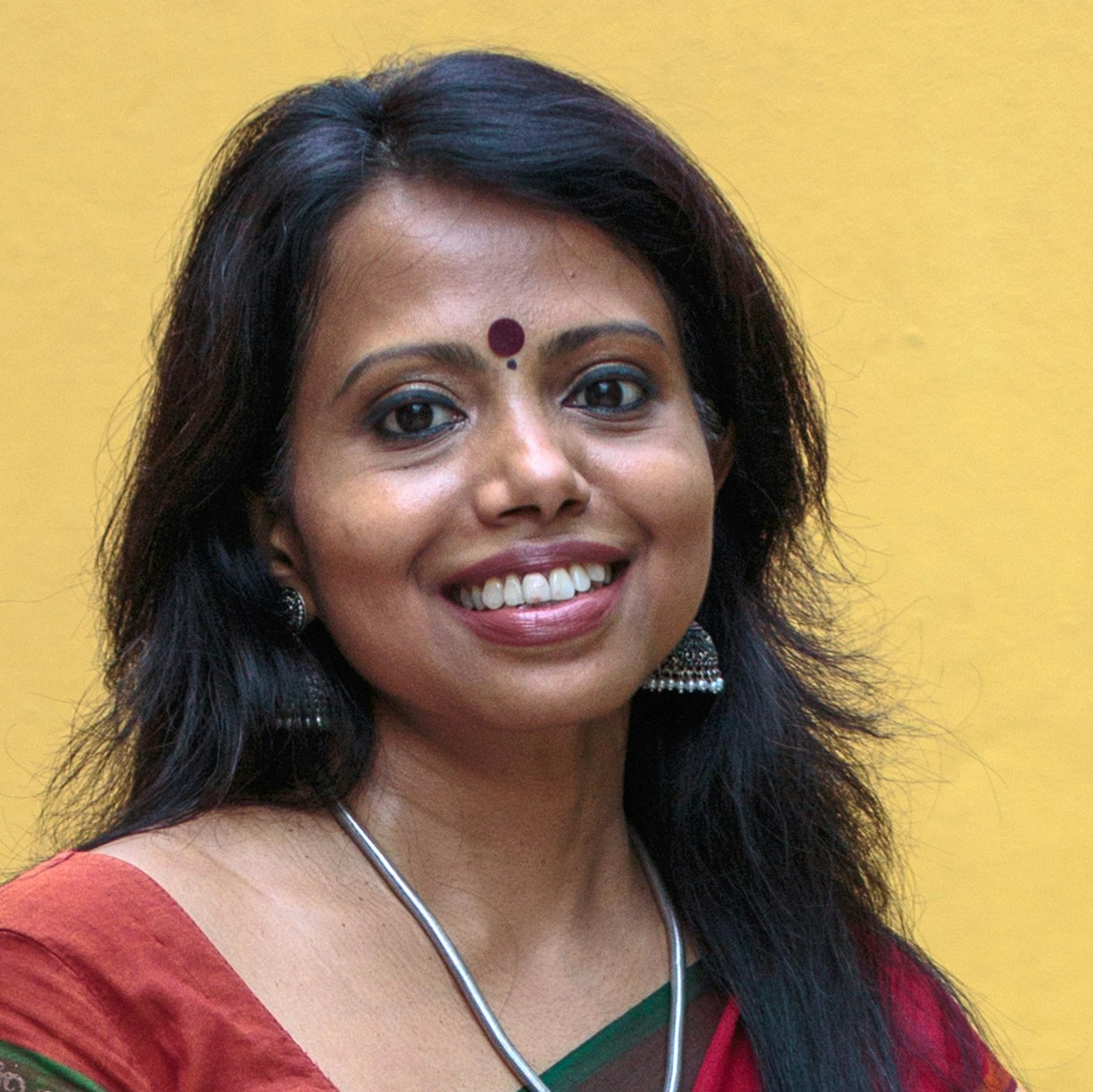 2018Ambika Satkunanathan's fellowship project looks at how the failure to consider patronage networks and political power relations can hamper the enforcement of human rights laws.
2018Ambika Satkunanathan's fellowship project looks at how the failure to consider patronage networks and political power relations can hamper the enforcement of human rights laws. -
Anat Shenker-Osorio
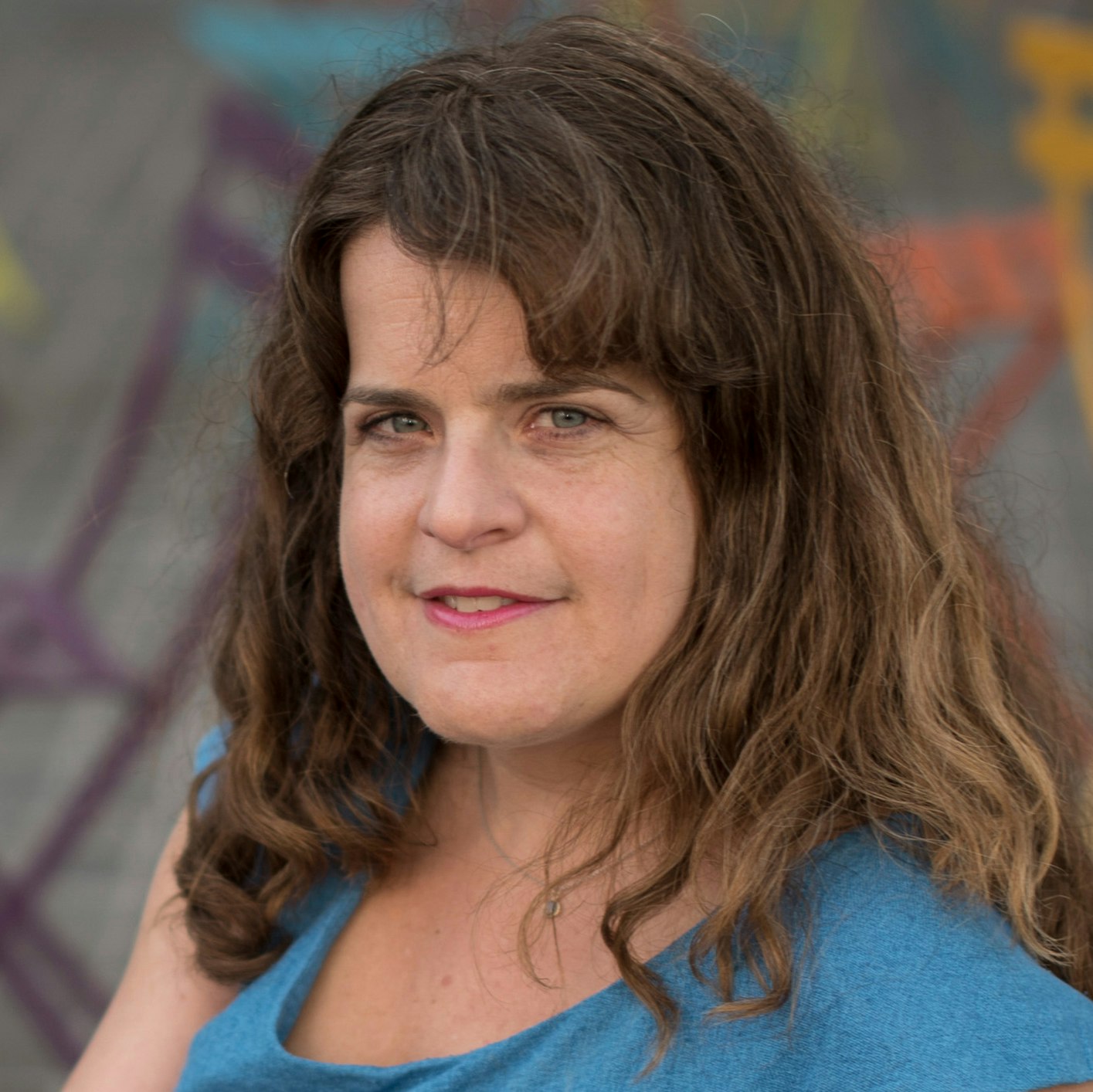 2018Anat Shenker-Osorio is analyzing materials from advocacy, opposition, traditional media, social media, and popular culture in order to reveal promising and problematic frames and word choices.
2018Anat Shenker-Osorio is analyzing materials from advocacy, opposition, traditional media, social media, and popular culture in order to reveal promising and problematic frames and word choices. -
Anna Macdonald
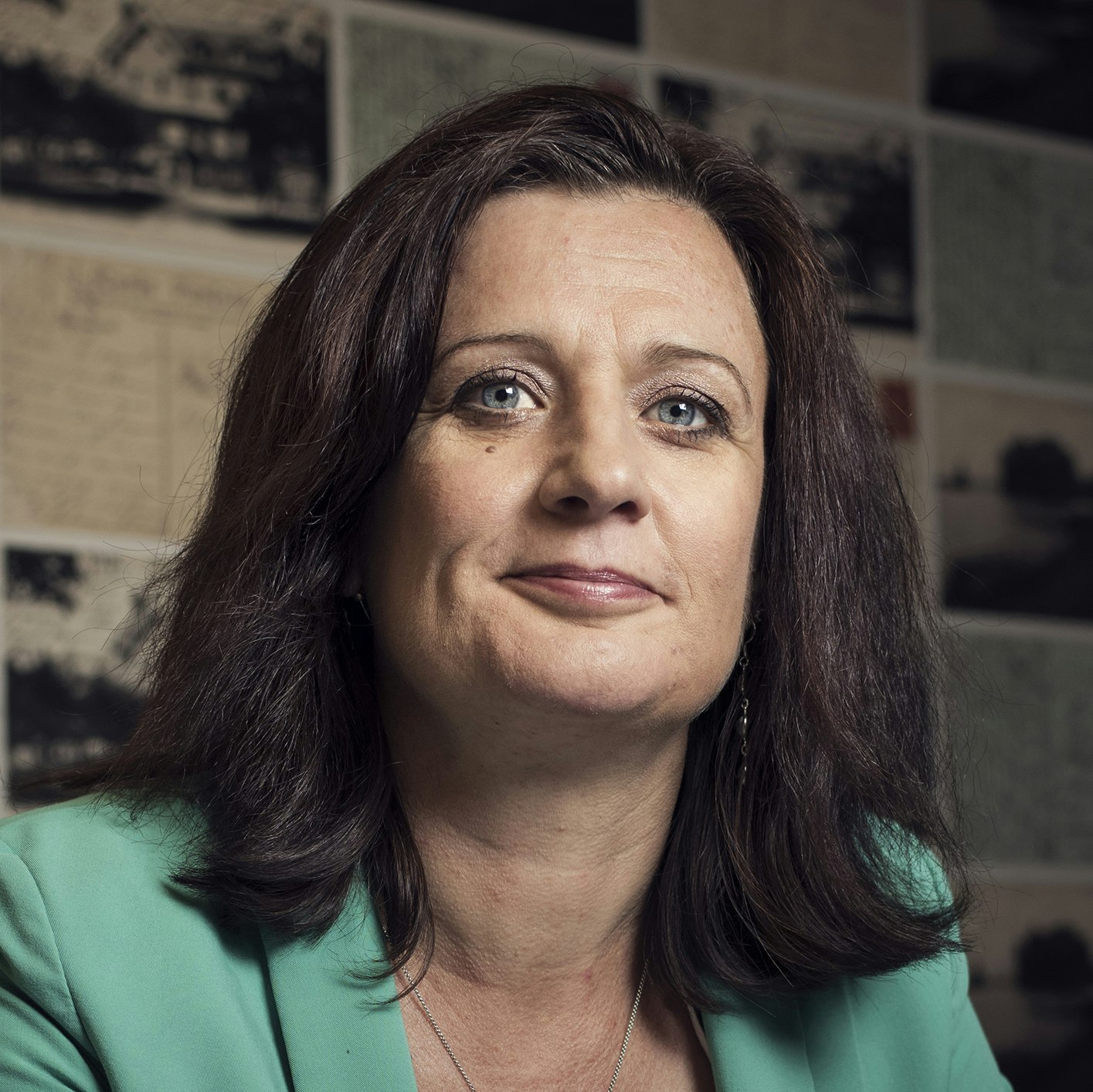 2018Anna Macdonald is investigating whether global treaties—such as the Arms Trade Treaty, which she helped negotiate—are effective at delivering progress on human rights.
2018Anna Macdonald is investigating whether global treaties—such as the Arms Trade Treaty, which she helped negotiate—are effective at delivering progress on human rights. -
Bilge Yabanci
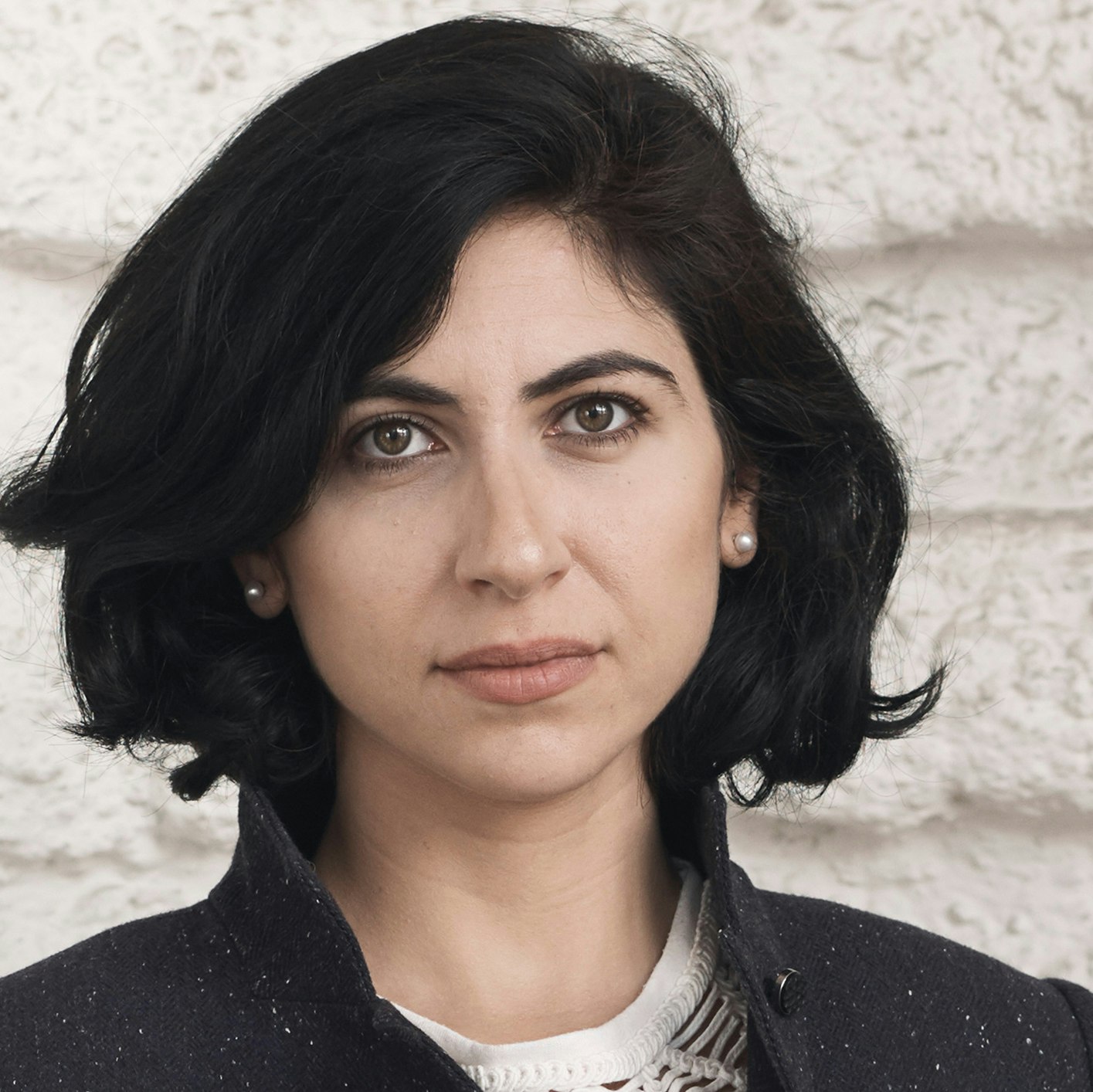 2018Bilge Yabanci is investigating whether new civil society groups in Turkey are contributing to democratic culture.
2018Bilge Yabanci is investigating whether new civil society groups in Turkey are contributing to democratic culture.
Subscribe to updates about new grant opportunities
By entering your email address and clicking “Submit,” you agree to receive updates from the Open Society Foundations about our work. To learn more about how we use and protect your personal data, please view our privacy policy.